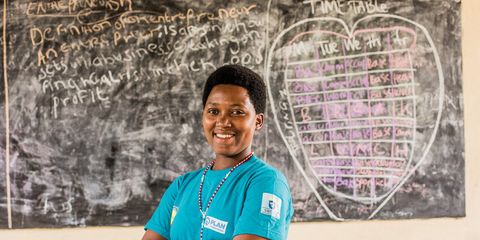Rosette, Agnes, Promesse and Merveille show their resilience. By actively participating in growing community change at the refugee camps where they reside, they are educating girls on sexual health, starting businesses, saving for the future and becoming champions of gender equality.
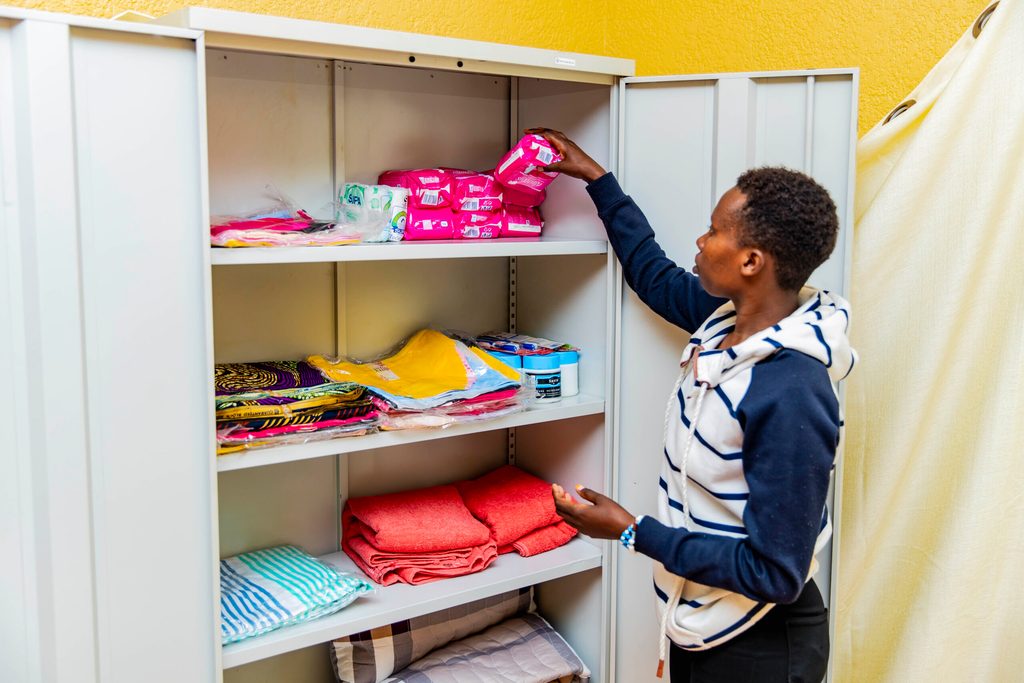
Several participants taking part in the Building Resilience and Protection of Children, Adolescents and Youth Living in Refugee Camps, and Vulnerable Communities in Rwanda project have shared their inspiring stories of transformation, highlighting significant life changes.
Impactful livelihood changes
Rosette
Through mentorship training, Rosette dedicates 6 days a week to supporting girls in various aspects, mainly on sexual and reproductive health and rights. She recounts the transformative impact of the newly constructed girl safe room in her community.
“We are grateful for the girl safe rooms built for us. They play a crucial role in fostering safe environments, especially for those with disabilities.”
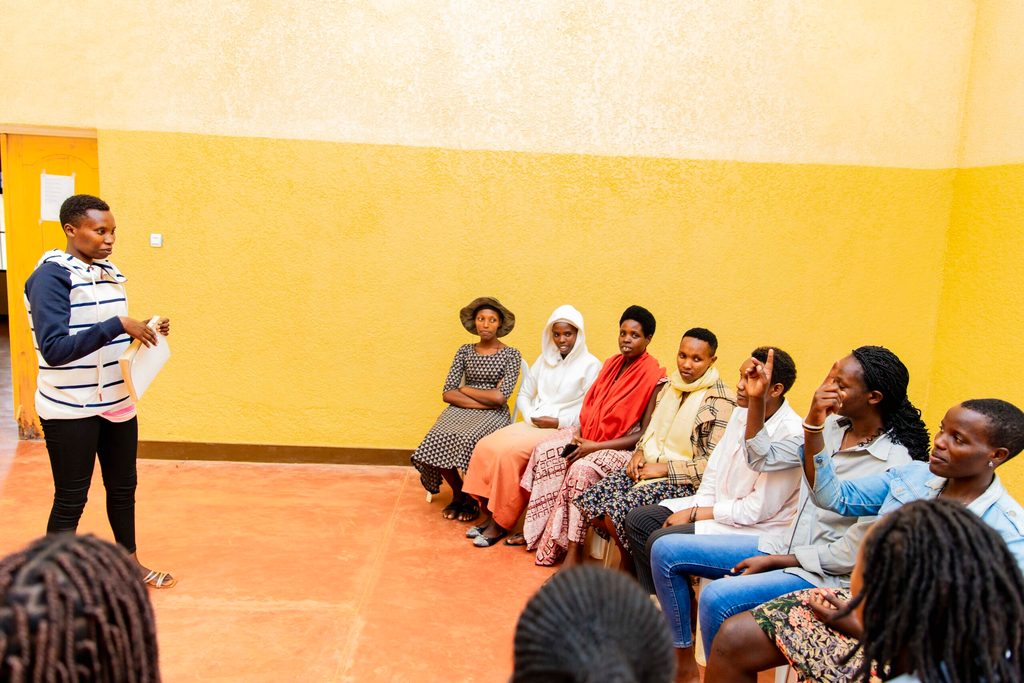
Rosette adds that the room, staffed with mentor, can provide support for girls per day. She explains that this room is equipped essential hygiene items such towels, sanitary pads, underwear, slipper and more.
“We are grateful for the girl safe rooms built for us. They play a crucial role in fostering safe environments, especially for those with disabilities.”
Rosette, 22
Agnes
At the tender age of 18, Agnes faced the challenge of an unplanned pregnancy, leading to despair as a refugee girl. Agnes attended the Parent Under Pressure training which offered guidance on better caring for her child.
Agnes runs a small business selling vegetables and fruits to the local community, after receiving a small business grant of Rwf 370,000 to start her own business. She attests to the positive impact of grants in helping vulnerable girls secure a bright future.
“I have a sustainable living today. The grant didn’t only reignite my hope, but also enabled me to provide for my child’s basic needs.”
She manages to save Rwf 1,000 month through her “Dutere Imbere Cooperative.”
“I have a sustainable living today. The grant didn’t only reignite my hope, but also enabled me to provide for my child’s basic needs.”
Agnes, 20
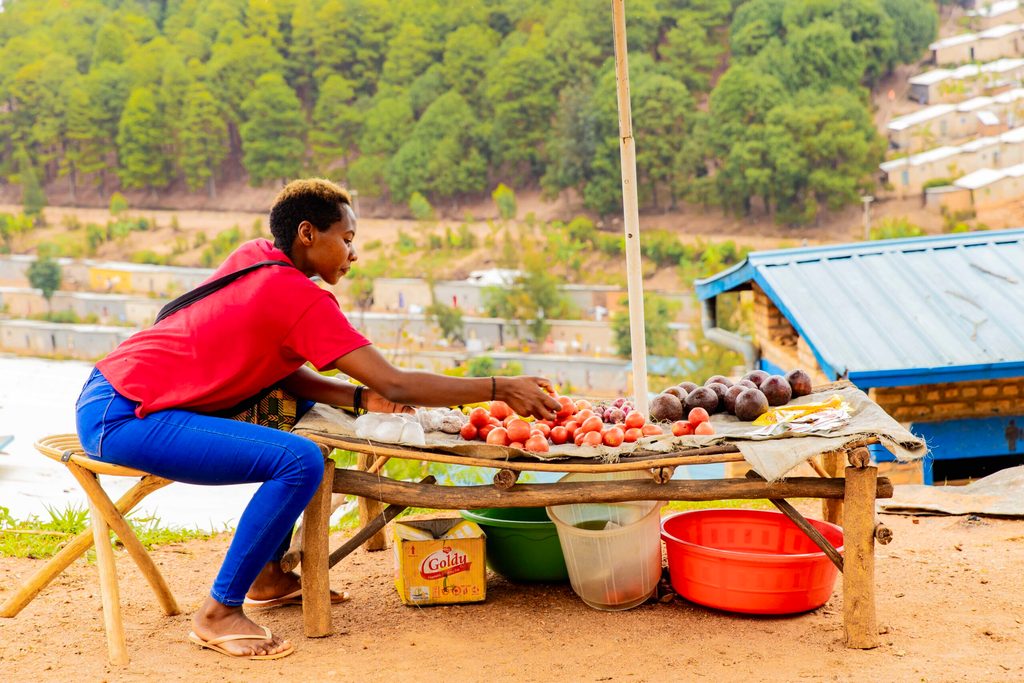
Promesse
During her holidays, 15-year-old Promesse attended educational training focused on girls, specifically the Better Life Options and Opportunities Module.
One key lesson she learnt was to strive for self-reliance and making smart life decisions.
“Today, I have a much clearer understanding of my life’s purpose and how achievable it could be,” says Promesse.
She explained that the training influenced her and her peers to establish a future saving group called “The Mirror.”
“Today, I have a much clearer understanding of my life’s purpose and how achievable it could be.”
Promesse, 15
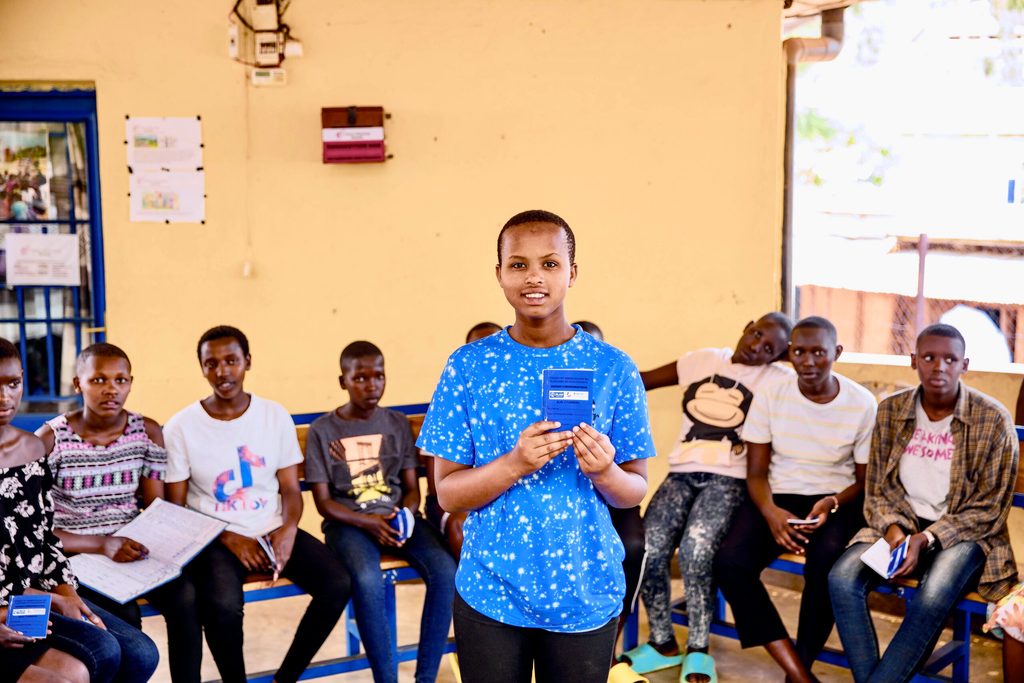
As a four-year secondary student, Promesse’s mother helps her contribute Rwf 500 monthly to her future savings, a fundamental step towards achieving greater goals in the future.
Merveille
Merveille shares insights into the positive impact boys can have in promoting community change and gender equality.
“What I have learnt is that no tasks are exclusively assigned to girls, or boys. Instead, we can collaborate in all areas.”
Merveille is an active participant in the community Champions of Change (CoC) group where gender equality is advanced through youth engagement.
He explains that the CoC sessions educated participants against negative behaviours, especially boys, including drug use, getting involved in teenage pregnancy cases and the importance of understanding gender equality, which they are also encouraged to promote within their families.
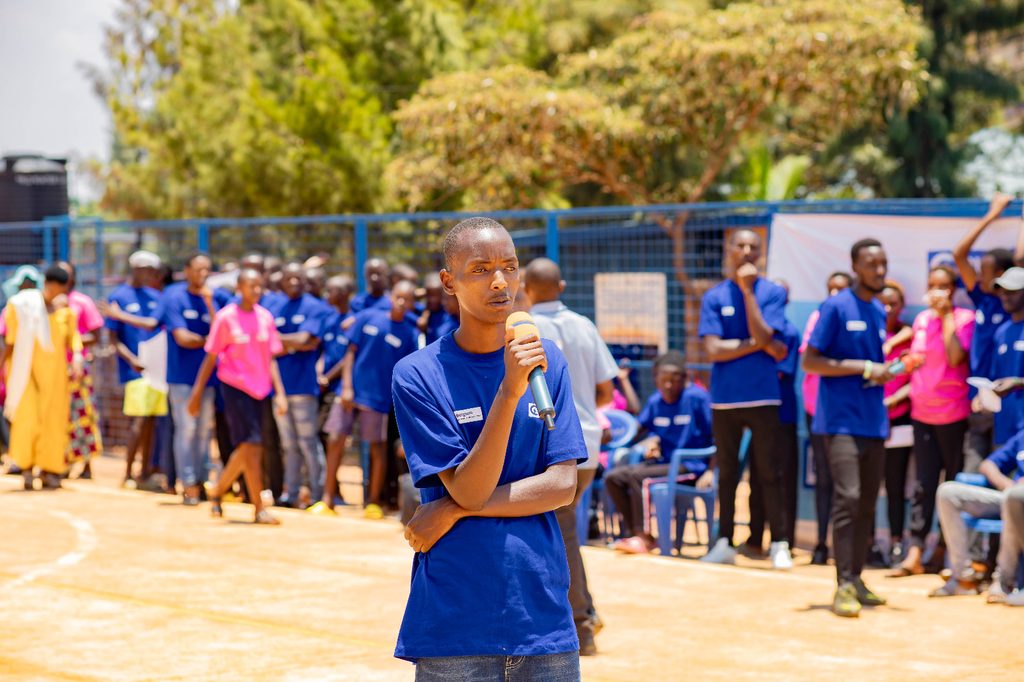
“What I have learnt is that no tasks are exclusively assigned to girls, or boys. Instead, we can collaborate in all areas.”
Merveille, 17
About the project
The Building Resilience and Protection of Children, Adolescents and Youth Living in Refugee Camps, and Vulnerable Communities in Rwanda Project aimed to build protective environments for refugee families and communities, enabling children and adolescents to thrive and remain safe from all various forms of violence amidst humanitarian crises.
This includes the establishment of safe spaces for girls, the creation of employment opportunities, advancements in gender equality, and initiatives promoting future savings, among others.
It is implemented by Plan International Rwanda, and funded by the Directorate General for Development (DGD) through Plan International Belgium.
William Mutero, Country Director of Plan International Rwanda remarked, “The closing-out of the first phase of this impactful project marks an important celebration of a journey of our collective efforts to address the critical issues in refugee camps.”
Mathilde Braun, Programme Manager for Plan International Belgium said, “The project delivered tangible impacts on the lives of refugee communities, particularly children and adolescent girls.”
Throughout the first phase action course, 20,083 people participated, including 5,713 adolescent girls, 6,291 adolescent boys, 3,838 women, and 4,241 men across 4 Democratic Republic of Congo refugee camps, including Nyabiheke, Kigeme, Mugombwa and Kiziba.
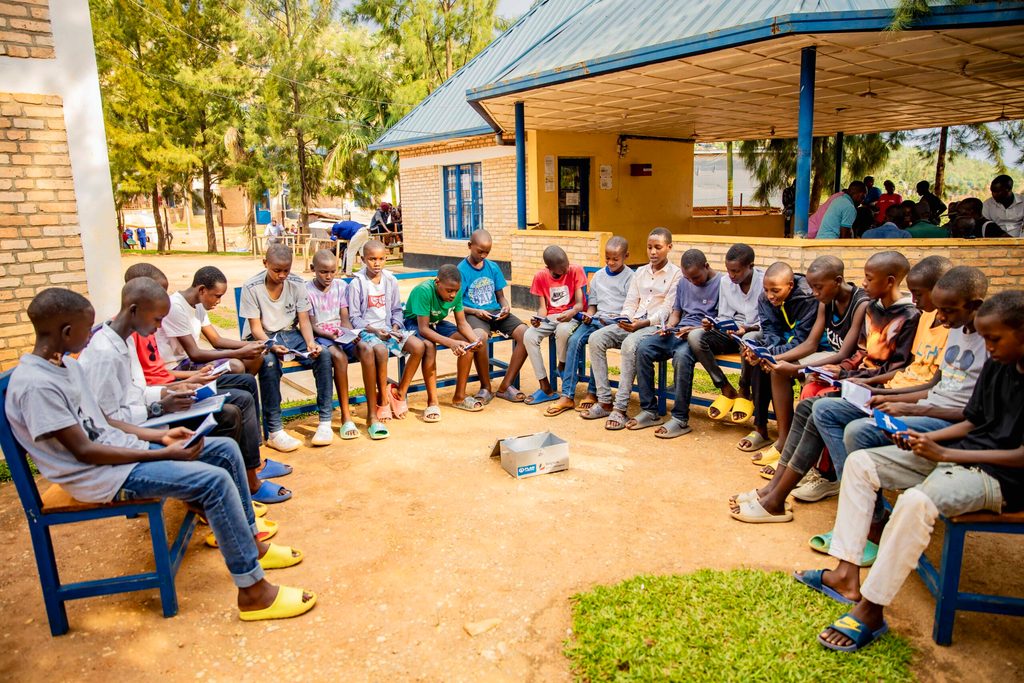
Some of its achievements comprise building 4 adolescents and girls’ safe spaces; supporting 563 unaccompanied and separated children through material assistance and foster families; training 1580 adolescent girls and boys on gender equality, sexual reproductive health and rights, positive masculinities and life skills on entrepreneurship, personal self-esteem and decision-making; training 1480 parents and caregivers on positive parenting; and creating 47 Village Saving Loan Associations.

